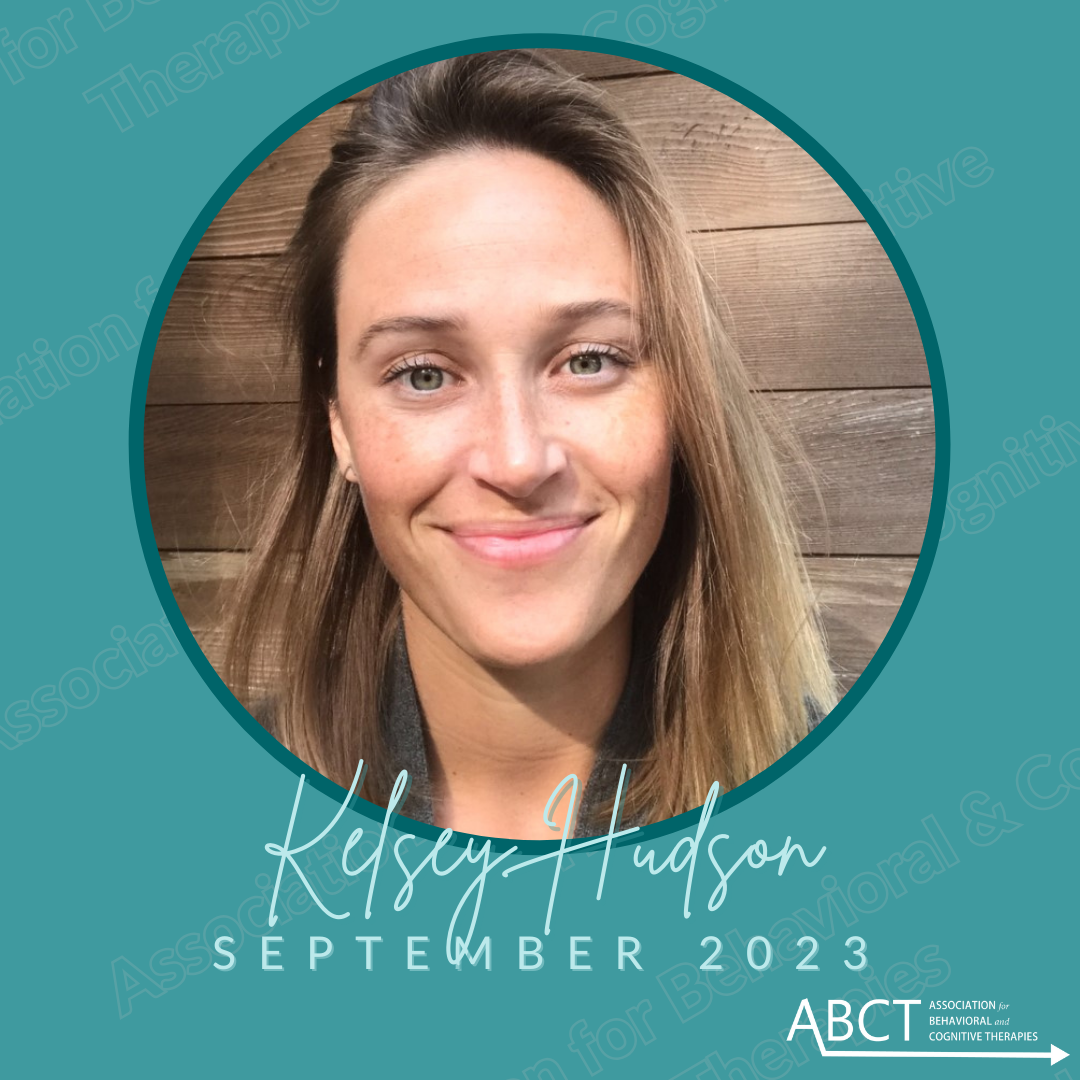Find a CBT Therapist
Search through our directory of local clinicians.
Kelsey Hudson

Kelsey Hudson, PhD (she/her)
I am a Clinical Psychologist who focuses on the intersection of mental health and climate change— particularly regarding young people and climate activists. I completed my PhD in Clinical Psychology from the University of Vermont in 2019 and my post-doctoral fellowship through the Child Program at Boston University’s Center for Anxiety and Related Disorders (CARD) in 2021.
During my doctoral training in Burlington, Vermont, and clinical internship in New Orleans, much of my work focused on providing culturally aware, empirically supported assessments and treatments for individual, intergenerational, and systemic traumatic stress. At CARD, I worked with children and adolescents with anxiety, depression, and traumatic stress, utilizing both weekly outpatient and intensive treatment models. In 2021, I received a certificate in Climate Change and Health from the Yale School of Public Health and opened a virtual practice called Climate-Aware Care, which serves residents of Massachusetts and Rhode Island.
Although I primarily provide empirically supported therapy to climate activists and young people with climate distress, I also see youth with anxiety, depression, and traumatic stress and offer parent coaching and support for a variety of childhood challenges. My sessions are guided by CBT, ACT, and mindfulness-based principles.
In addition to seeing clients, I am co-editing a forthcoming book on climate change and youth mental health for Cambridge University Press and chairing the Youth Subcommittee through the Climate Psychology Alliance-North America. I am also a violinist, which helps me to stay curious about the ways in which music and other forms of art can support expression and tolerance of emotions.
To learn more about my practice, visit climateawarecare.com
How do you remind your patients of their strengths during the therapy process?
I try to integrate strengths identification early on by asking my clients about their individual, family, community, spiritual, and/or cultural strengths and coping strategies during the intake session. During feedback sessions, I refer back to these strengths and share that we will draw upon them as we target the really challenging material.
With most kids and adolescents I also spend a few sessions on strengths identification, assertiveness, and effective and confident communication. More broadly, I aim to focus on strengths throughout treatment by routinely asking clients to identify choices that they are proud of or that were effective, especially during difficult or challenging situations that might otherwise be looked at from a “deficit” framework. Seeing challenges this way can encourage flexible thinking, self compassion, and self observation abilities.
I also encourage clients to consider their strengths when taking valued actions, generating coping thoughts, and planning behaviorally activating and fun activities.
Are you involved in other types of professional activities in addition to your private practice?
I am a proud member of ABCT’s Climate Change and Psychology SIG, which is co-chaired by Katherine Crowe, PhD, and Eric Lewandowski, PhD. I am co-editing a book on climate change and youth mental health with my colleague Elizabeth Haase, MD.
I am a member of the Climate Psychology Alliance of North America (CPA-NA) and I lead the CPA-NA Youth Subcommittee. I also provide workshops, presentations, and trainings on climate change and mental health in both academic and community settings and am preparing a couple of chapters and manuscripts on the psychological impacts of climate change.
When not practicing CBT, what do you do for fun?
I lift weights, hang out with my senior dog Budderball, play Baroque violin and ukulele, hike, and make candy.
What do you think is the single most important thing CBT can do for your clients?
I am often struck by how cognitive behavioral principles can empower clients to think, feel, and behave more flexibly and purposefully. CBT can provide young people and families with a framework for and path towards more meaningful and valued living, particularly in the context of climate change, which forces us to hold difficult truths and tolerate a great deal of uncertainty.
Where do you see the field of behavioral therapies going over the next 3-5 years?
As CBT practitioners, I hope we can continue to attend to how cognitive behavioral therapies can address the psychological impacts of broader systemic and global stressors, such as race-based traumatic stress, climate change, and environmental injustice.
How long have you been a member of ABCT?
Since I was a second year PhD student (about 8 years).
What services do you consider the most valuable from ABCT?
I appreciate being able to connect with and learn from other professionals who share a similar framework and language. ABCT’s conventions, outreach efforts, and educational offerings help me to stay informed about new cognitive behavioral directions. And, of course, the Climate Change and Psychology SIG!
